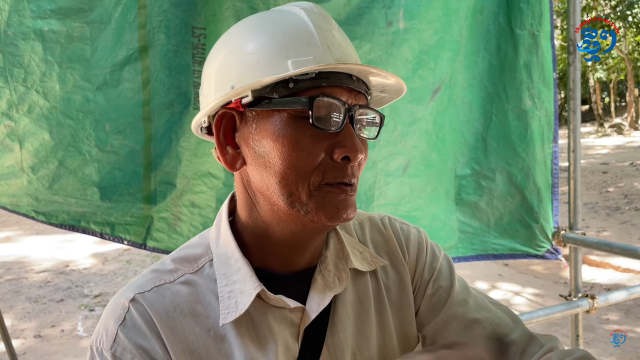Cambodia's Startup Ecosystem: Challenges and Opportunities

- By Phat Panhaboth
- January 14, 2024 9:00 AM
The startup scene in Cambodia has been expanding rapidly in the past few years. The progress is due to the energetic and skilled workforce, the backing of the government, and a growing number of investors. Nonetheless, like any up-and-coming market, Cambodia's startup ecosystem has its own distinct set of opportunities and challenges.
One of the biggest challenges is the lack of access to capital. While there are a growing number of investors and venture capitalists in the country, access to funding remains limited, especially in the technology field. This is partly due to the relatively small size of the market, which makes it difficult for investors to achieve significant returns on their investments.
Another major challenge is the shortage of skilled workforce. Though it has a large and youthful population, Cambodia’s education system is still developing, struggling to produce the necessary skills required to support the startup industry. Most of the high school graduates prefer non-tech majors such as economics, humanities, and accounting. When it comes to choosing their majors, most college and university students opt for fields related to social sciences. However, only around 30 percent of them enroll in science majors, resulting in a lack of skilled talent in crucial areas such as software development, digital marketing, and sales.
As I have singled out the challenges, I need to come up with solutions. Lacking capital access is easier to solve than the shortage of skilled workforce. Our government has unveiled many initiatives, including having SME banks provide loans to startups and SMEs at lower interest rates than traditional banks. In the same vein, Khmer Enterprise was launched in 2019 to address the funding gap and support the growth of the startup ecosystem in Cambodia. It also depends on the individuals to have their ideas innovative and unique with a clear business plan to receive those loans and funds. The complex issue to solve is the shortage of skilled workforce. Even though, the government provides many scholarships in the STEM fields, many students still prefer the traditional non-tech major. It could also be because of our education system from kindergarten to the end of high school, which is mostly focused on memorized education rather than critical thinking education which hinders the students from thinking further and beyond. However, addressing these root causes will require the collective effort of all stakeholders, including individuals, high school graduates, and the government.
Despite the challenges that startups face, there are also significant opportunities for them to grow. One of the most promising opportunities is the supportive government policies towards startups. The government has launched several initiatives to help the startup ecosystem flourish. These include tax incentives, grants, and funding programs. Khmer Enterprise is one such initiative by the government to support startups. It provides both financial aid and non-financial assistance such as training, consulting, and mentoring. These policies have encouraged entrepreneurs to launch new businesses and have attracted local and foreign investors to invest in them.
In addition, Cambodia's strategic location in the heart of Southeast Asia offers a gateway to a regional market of over 600 million people. The Free Trade Agreement such as the ASEAN Free Trade Agree (AFTA) and Regional Comprehensive Economic Partnership (RCEP), would make Cambodian exports more competitive in the region and reduce the cost of imported goods for consumers. Once the Funan Techo Canal is completed, the transportation cost and time will be reduced significantly for Cambodia producers which lead the products to be even more competitive in the region and affordable prices for consumers. This presents an opportunity for startups to expand their reach beyond Cambodia and tap into a much larger market.
In conclusion, Cambodia's startup ecosystem has significant opportunities despite the challenges. With a supportive government, growing market, and entrepreneurial spirit, Cambodia has the potential to become a major player in the regional startup ecosystem.
Phat Panhaboth is a junior International Relations student at the Institute for International Studies and Public Policy.















